
13 things for which Google gives thanks
U.S. Thanksgiving Day comes late this year for retailers, but makes more time for Google to count its blessings and to offer gratitude for them. Oh, they are bountiful, and there is still another month of them to come. The year 2013 will be remembered as one of the finest in Google history. The company has so much to be thankful for, I could have trebled the list.
But for succinctness, I whittle down to those things that mean more than others or that otherwise would be overlooked in the typical yearly review. The list goes from that for which Google should be least thankful to most. Gobble. Gobble.

Wearable technology gets its own event
Google Glass is still being tested by a limited number of lucky users, and Apple’s rumored smart watch remains ever elusive, but wearables is clearly one of the fastest growing areas in technology, so it’s inevitable that an exhibition would be set up to showcase it.
The Wearable Technology Show will be held on the 18th and 19th March 2014, at the Olympia Conference Centre in London, and include three dedicated conference rooms, over 70 sessions on fashion, sports and fitness, health, M2M, live product demos, a developer hackfest and a business startup track.
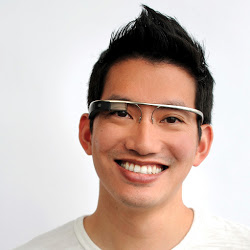
Can smartglasses have a role in the workplace?
Google Glass has caused a bit of a stir, whether it's for the ability to turn us all into government spies or for causing the slightly distracted Google gaze. But there's been relatively little discussion of how smartglasses might be useful for business.
Until now that is, because a new report by Gartner says that smartglasses have the potential to boost worker efficiency in areas like healthcare, manufacturing and field service.
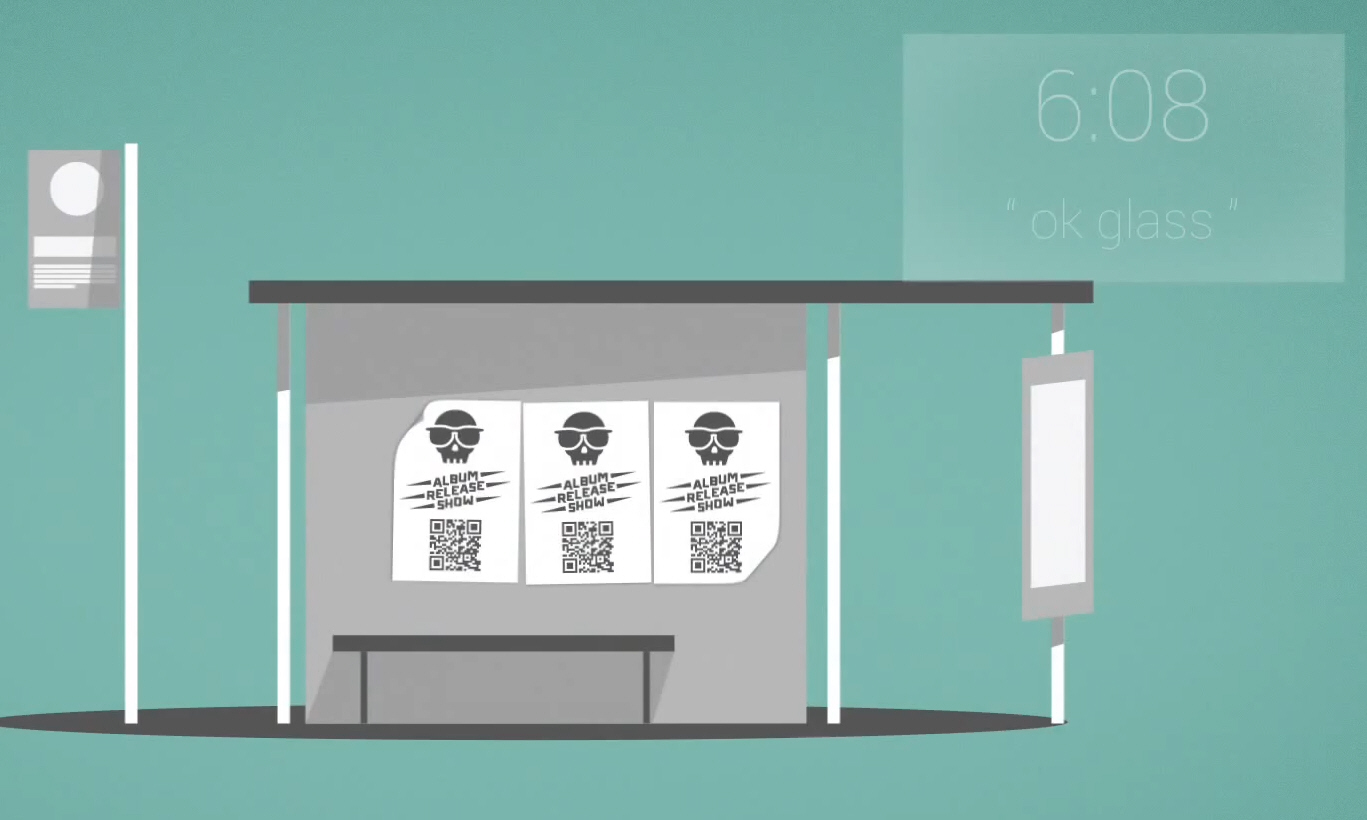
Google Glass successfully hacked -- right in front of your eyes
Google Glass may not have been officially released to the public yet (it is currently only available to testers dubbed "Glass Explorers" by Google), but mobile security juggernaut Lookout has already found a security vulnerability that makes it possible to hack the wearable computer for potentially dangerous and malicious purposes.
The vulnerability impacting Google Glass is initiated through QR codes -- basically advanced barcodes. By design, a Glass user can scan these barcodes with the device's camera to do things such as perform an action or change a setting. While this provides beneficial functionality to the user, it also offers a new gateway for malicious hackers.
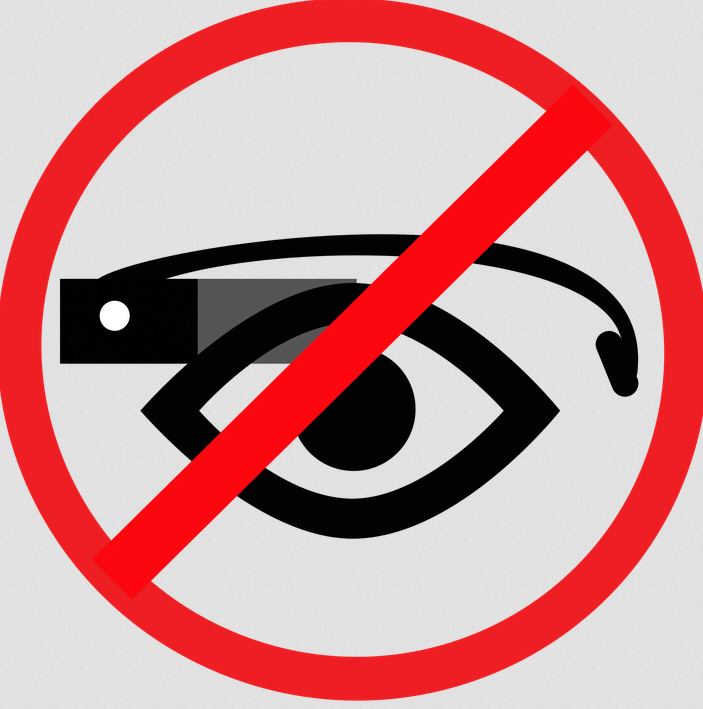
Will Google Glass turn us all into government spies?
On 4 July, the founder of PRserve, Chris Barrett videoed an arrest that followed a fist fight on the Jersey Shore boardwalk.
We live in a world where such actions are routinely recorded on smartphones and uploaded to YouTube, but what makes Chris’s video unusual is he used Google Glass to film it.
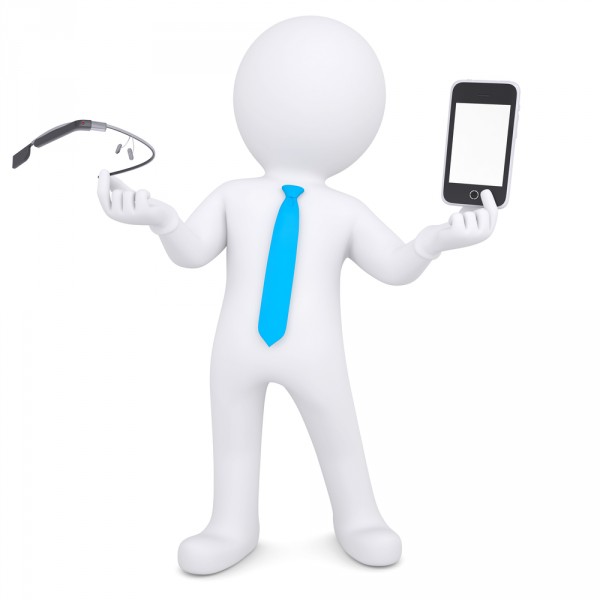
Google Glass apps I really want to see
Your iPhone/Android is cool -- this we know. But, they wouldn’t be half as cool without apps. Apps are the icing on a smartphone -- minus the calories -- and we have a ravenous appetite for them. But cool apps aren’t isolated to just phones any more, as we’ve seen with new tech products like Google Glass.
Glass already has the usual suspects of apps, but what Glass really needs is to go nuts with apps that sound too good to be true.

Watch Tim Cook's interview at D: All Things Digital conference
On Tuesday, Apple CEO Tim Cook appeared for the second time at the D: All Things Digital conference. The interview, lead by perennial hosts Kara Swisher and Walt Mossberg, mostly centered around the current state and the future of the fruit company, but also briefly touched other popular topics like Android and wearable technology.
Tim Cook, who wears a Nike+ FuelBand, says that "wearables [the category] is extremely interesting" and capable of deeply impacting people's lives. The man, however, asserts that folks are reluctant to wear things that they don't normally do, giving glasses as an example. For this reason, he believes that products like Google Glass don't appeal to most users and are only attractive to "vertical markets".

Evernote and Twitter announce Google Glass apps
With Google I/O in full swing, and Glass a hot topic of discussion these days, two companies have revealed plans to release apps for Google's new wearable computing system. Social network Twitter and note-taking giant Evernote are both on board with the intriguing futuristic gadget.
Evernote's Andrew Sinkov announces that the company is "excited to unveil a first look at the Evernote experience on Glass". Sinkove goes on to explain "our current implementation focuses on two actions. First, you’ll be able to quickly capture a photo or short video and send it to your Evernote account from the Google Glass sharing menu. Second, you can choose a note from Evernote Web and send it directly into the Glass Timeline so that you have it available right in your field of view when you need it".
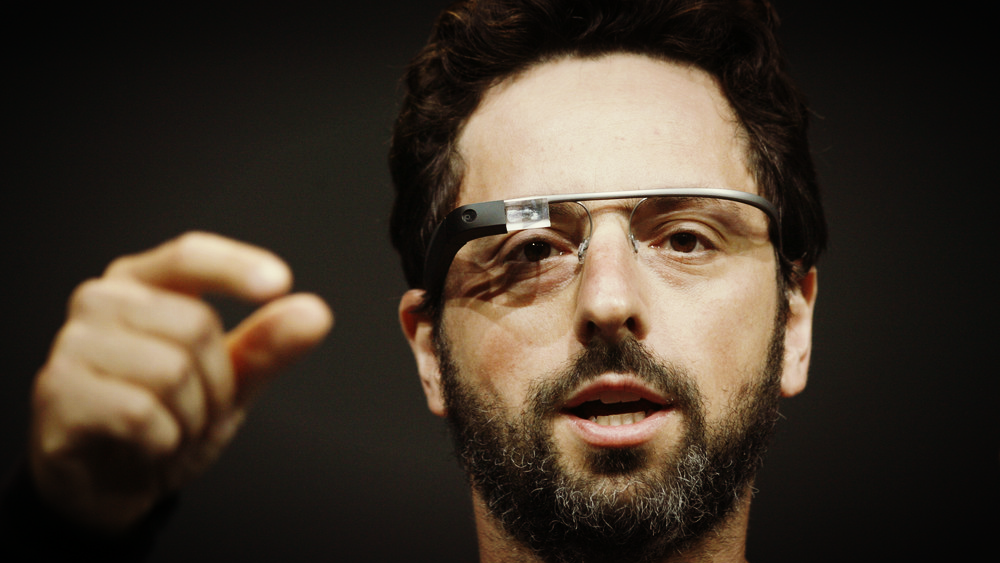
The sneaky thing about Google Glass
Remember when Bluetooth phone headsets came along and suddenly there were all these people loudly talking to themselves in public? Schizoid behavior became, if not cool, at least somewhat tolerable. Well expect the same experience now that Google Glass is hitting the street, because contrary to nearly any picture you can find of the thing, when you actually use it most of your time is spent looking up and to the right, where the data is. I call it the Google Gaze.
Only time will tell how traffic courts will come to view Google Glass, but having finally tried one I suspect it may end up on that list of things we’re supposed to drive without.

Google Glass is modder-friendly
Unlike many other Android devices, Google's Nexus smartphones and tablets do little to spoil the fun for avid modders. The bootloaders are unlockable and root is just a few steps away. It's no wonder then that the Nexus threads on forums are crawling with custom kernels and green droid distributions and all sorts of apps meant to provide even more functionality than what Google throws in out-of-the-box.
As a result, the fact that Google Glass comes with modder-friendly software shouldn't come as a surprise to any Android enthusiast. The idea is fairly simple -- get developers involved in the process of improving the pair of smart glasses. Why? If Android 4.2 is of any indication, the software giant can take some good custom bits and add them into what will be the next Android iteration available for Google Glass.
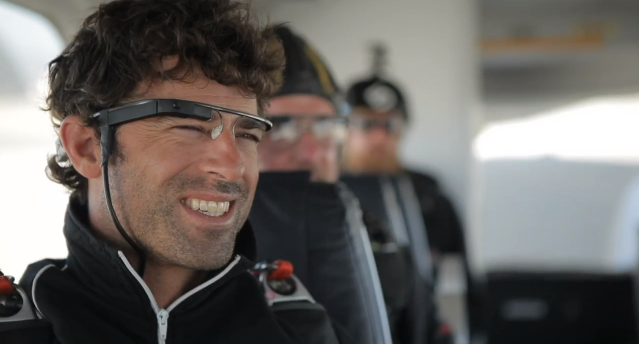
Google reveals Glass specs and releases companion app
Google has changed many aspects of our mundane digital lives including how we search online, use an email service, communicate with folks around the world, and interact with our mobile devices. Now the company even wants to change how we talk about glasses.
Who could have imagined that in 2013 we would be discussing the hardware specifications of a pair of spectacles? Before Google Glass this was unimaginable, but as the search giant has just released the specs of its specs, things just got real. So what is the search giant's forthcoming device packing?
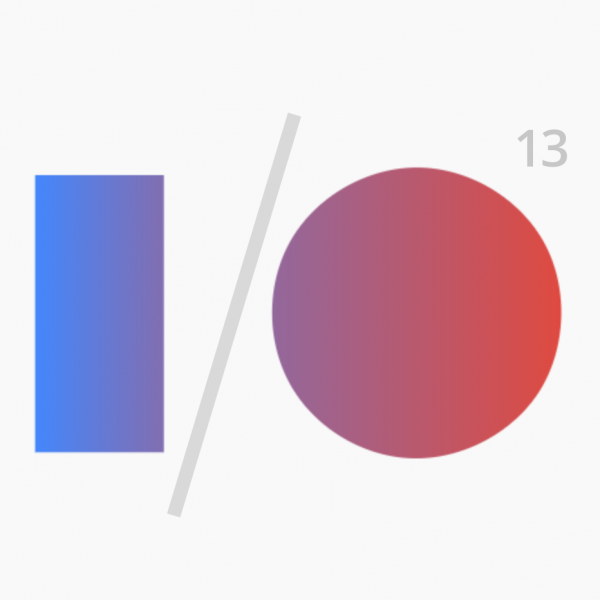
Google I/O sells out
Blink and you missed it. Registration for Google's developer conference opened at 10 a.m. EDT this morning and sold out fast. With so much candy to offer -- Android Key Lime Pie, Chromebook Pixel, Glass and Google Now -- I'm not exactly surprised. Google I/O 2012 was big, and this year's event promises to be even bigger. I got the "Google I/O is sold out" on the registration page around 10:48 a.m.
Google charges $900 for general developer admission and $300 for students or school faculty. The event takes place in San Francisco from May 15-17. Considering the goodies Google gives attendees, some people might sign up just for the hope of free Glass or Pixel (don't hold your breath). Last year, attendees got Galaxy Nexus, Nexus Q and Nexus 7. Oh yeah, Train performed live.

Today Google made me want Glass
We all have heard about Google Glass -- for sometime now. There's talk it's coming (but not when) and that there are unique capabilities (but most details are under wraps). Google Glass is a bit of an enigma, and I have remained largely uninterested in the project. That changed this morning.
Google makes me want a product I had no idea I was even interested in -- I am pretty sure that's the intention. In fact, Google had me drooling in only two minutes and sixteen seconds -- talk about a good sales pitch. And the video did not even require many words to accomplish its task.

Win a chance to buy a pair of Google Glass specs
Select developers already have access to Google’s futuristic glasses, but now the search giant has launched a competition giving ordinary American citizens the chance to buy a pair before they’re launched, and become a "Glass Explorer" (as Google terms those "bold, creative individuals who want to help shape the technology").
To be in with a shot you need to tell Google, via Google+ or Twitter, what you would do with the glasses if you had a pair. The more creative your answer, the more likely the chance of you actually being selected. "Wear them on the subway and get mugged" probably won’t win.

Jelly Bean gives clues to Google Glass future
Two weeks ago during I/O, Google made many announcements, with Android 4.1, or Jelly Bean, among them. But there was more: Nexus 7 tablet, media-streaming sphere, new Google+ features, some updates to the Google Maps app, and Glass, Google’s idea for "smartglasses".
All these different products may make Google seem scatter-brained, but I think Project Glass accounts for many of the Android updates. Glass is clearly important to Google. Cofounder Sergey Brin says that he spends about 50 percent of his time on Project Glass. Google also went way out on a limb last April when releasing this concept video for a product, when at the time, they said they had no plans for bringing Glass to production, and they still have no clear plan today.
